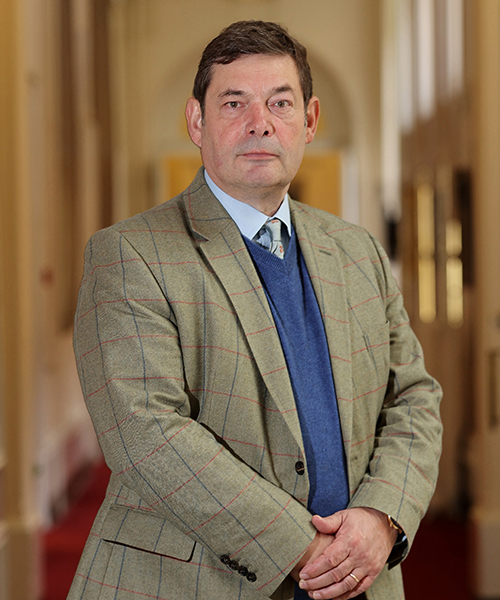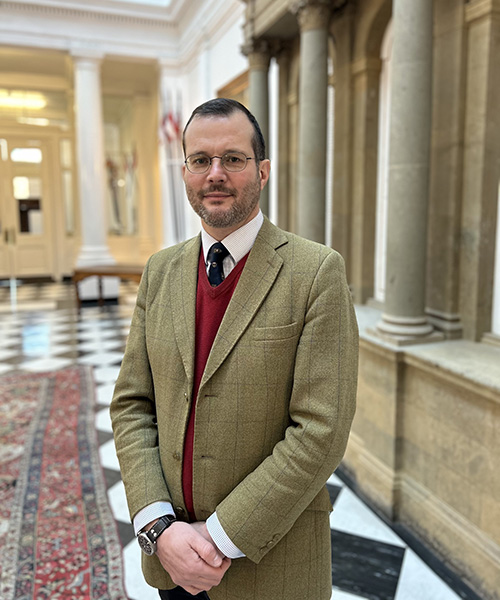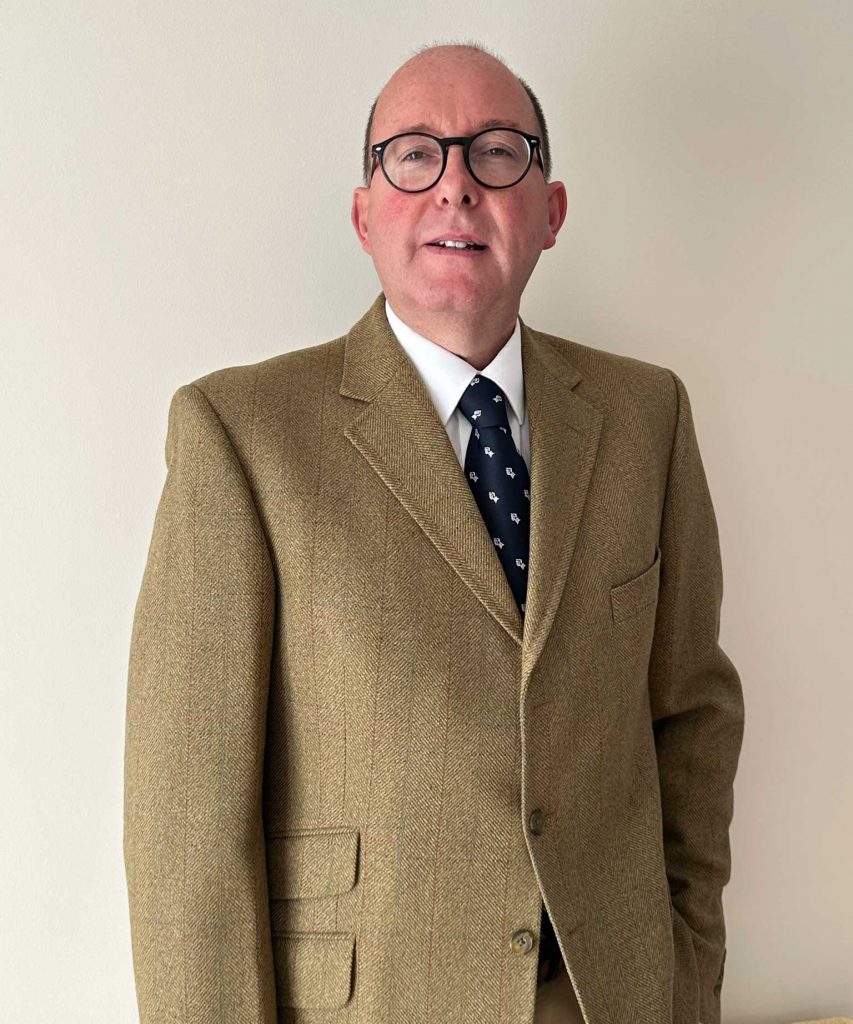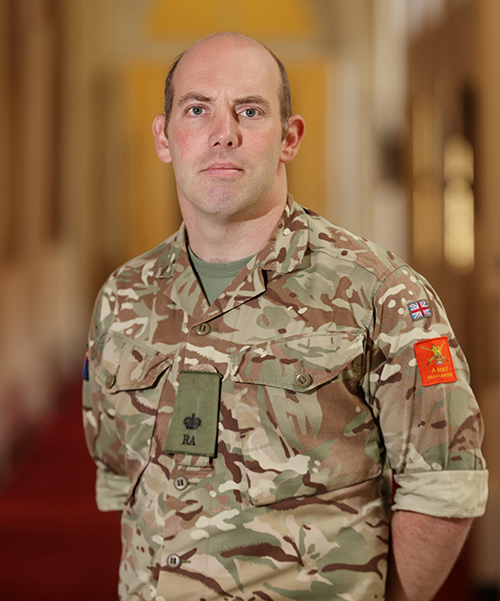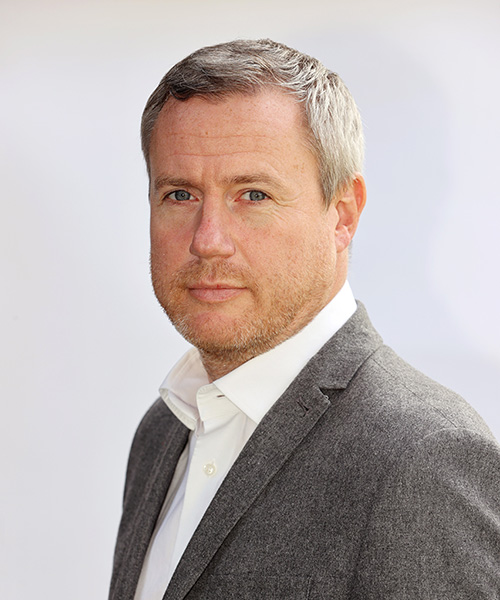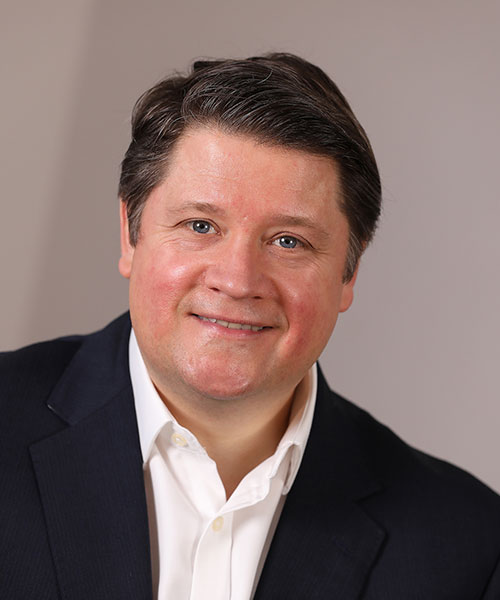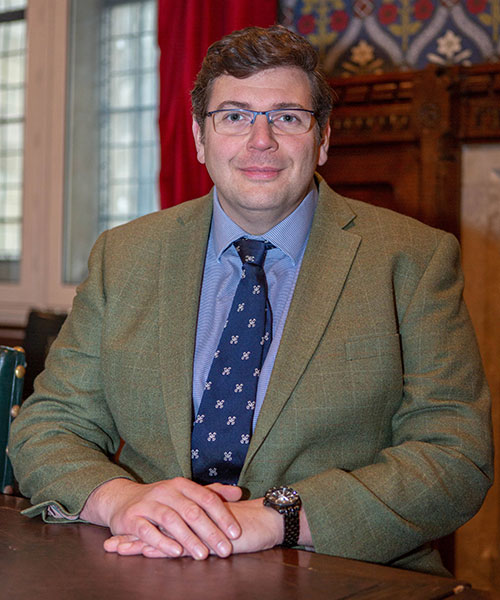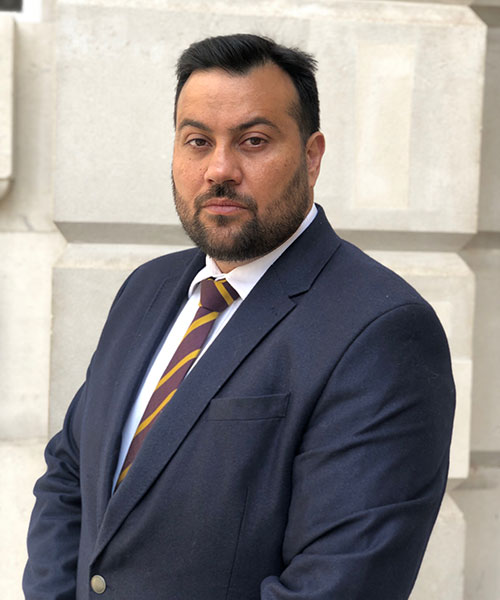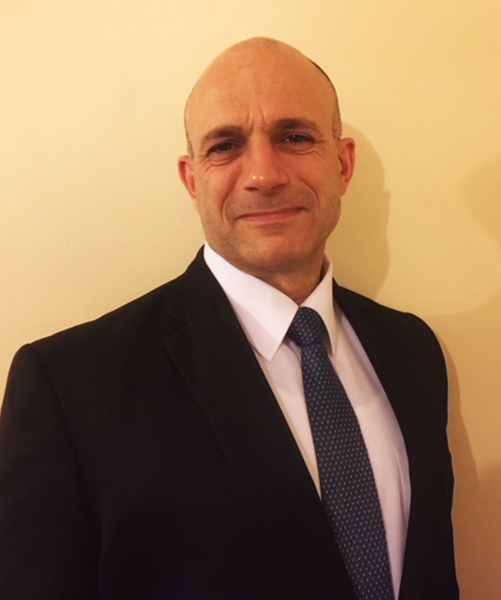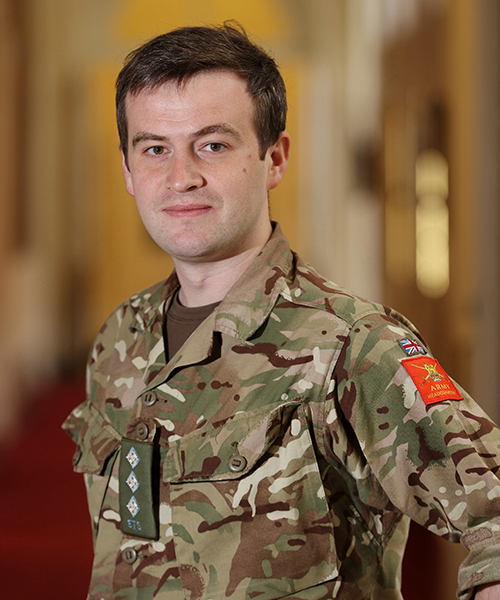About us
The aim of the CHACR is to help the British Army with the development of the conceptual component of fighting power. We do this by conducting and sponsoring research and analysis (both in-house and through a wide network of associates and colleagues across the globe) into the enduring nature and changing character of conflict on land. Some of this work is requested directly by the Army, and some of it is identified independently by the CHACR as being important for the Army. At the same time the CHACR offers itself as an active hub of scholarship, professional enquiry and debate for the Army.


